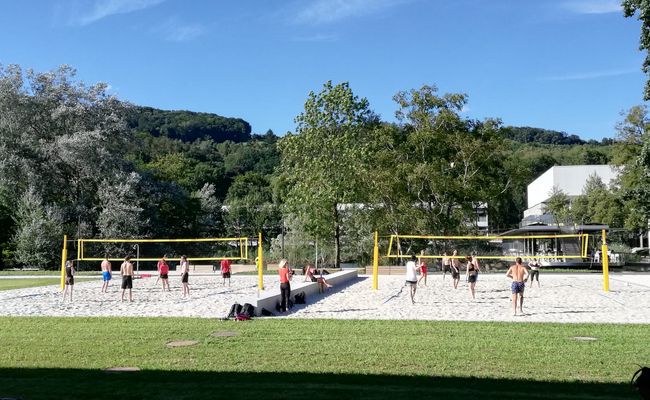Universities, universities of applied sciences, education colleges, and adult education centers: Sociologists work as scientists in research, education, and self-administration; in administration areas (human resource management, equal opportunity and diversity departments), in research and project management, as specialists for socio-political issues and as professional speakers.
Economic chambers, locl authorities, health insurance companies, interest groups: Sociologists work as consultants in research-related areas, in fields of communication or media or as consultants for individual areas such as economic development, working conditions, health development, etc.
Trade Unions and Other NGOs: Sociologists work as consultants and in fields of communication and media.
Business, industry, administration: Educated sociologists work primarily in the field of human resource management and/or as consultants in various subject areas, including different positions as experts in equal opportunity and/or diversity.
Specialization in the area of "work and society" can be particularly interesting for businesses and industry, such as economic and labor chambers as well as unions.




